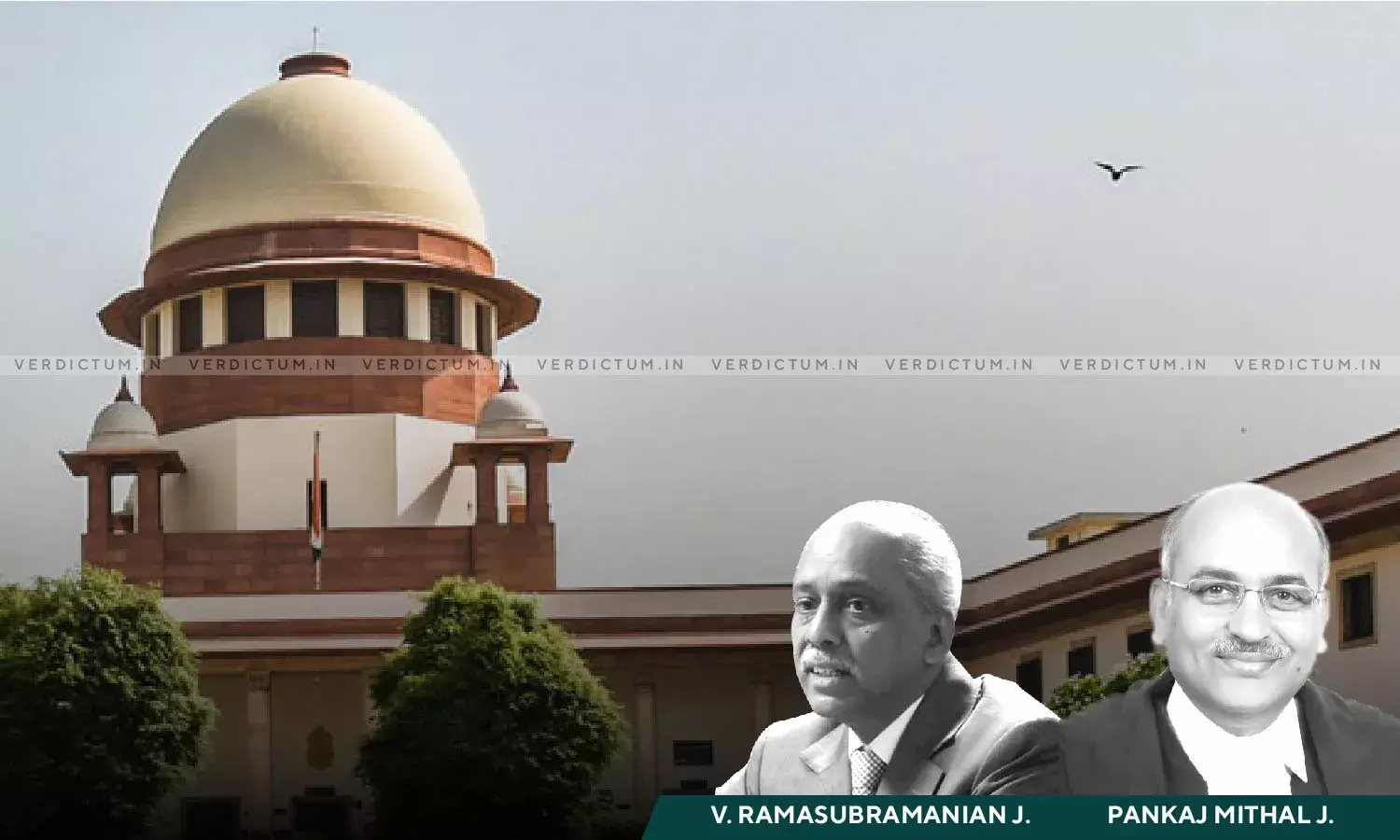It Appears That Petitioner Is On Treasure Hunt & Court Cannot Go To The Aid Of Such Person- SC In A Case Related To Wills
The Supreme Court while deciding an SLP (Special Leave Petition) relating to Will has observed that it appears to be a case where the writ petitioner is on a treasure hunt and hence the Court cannot go to the aid of such a person.
The two-Judge Bench comprising Justice V. Ramasubramanian and Justice Pankaj Mithal held, “The averments made in the writ petition make it clear that the writ petitioner did not have any knowledge about the contents of the Will and the bequest made under the Will. Therefore, this appears to be a case where the writ petitioner is on a treasure hunt, if not a wild goose chase, in the hope that there exists a treasure and that if found, it will be hers. The Court cannot go to the aid of such a person. … We do not know how the writ petitioner, who has not seen the copy of the Will, claims to be a beneficiary (or the heir of the beneficiary).”
The Bench said that it could have thought of providing some relief that was possible within the framework of law to the petitioner if she had at least seen the copy of the Will and was aware of the contents.
Advocate K. K. Mani appeared for the petitioner while Advocates P. S. Sudheer and Rishi Maheshwari appeared for the respondents.
In this case, the SLP was an outcome of the refusal by the High Court to supply documents and the dismissal of the writ petition. A deceased person possessed vast properties and executed a will appointing one of the respondents as the executor and the Ooty Court granted probate in favour of the executor.
The above matter came to rest but later, the other deceased applied for the copy of the probate of the aforesaid will, and as the copy was not supplied to her, she preferred a plea praying for a direction to the respondents to furnish the said copy. On her death, her sons and daughters were impleaded by the High Court as petitioners.
The Supreme Court in view of the facts and circumstances of the case noted, “This is a peculiar and an interesting case but with nothing to be adjudicated upon by us. … The writ petitioner claims to have come across the involvement of Lloyds Bank only from the diary maintained by her late father. … It is true that the original Will submitted for probate could not have been destroyed. In the normal circumstances, with the probate embossed on the Will, the original should have been handed over to the Executor.”
The Court further said that now it is not possible to find out whether it was actually destroyed or whether it was handed over to the Executor or whether the Executor having received it, lost it.
“The possibility of the Executor handing over the original Will to the legatee cannot also be ruled out. … On a guesswork made by the writ petitioner, this Court cannot order an investigation into what happened to the Will. Therefore, we think that the High Court was right in expressing its inability to grant any relief to the writ petitioner”, observed the Court.
Accordingly, the Apex Court dismissed the SLP.
Cause Title- A. Wilson v. The Nazar & Ors.




